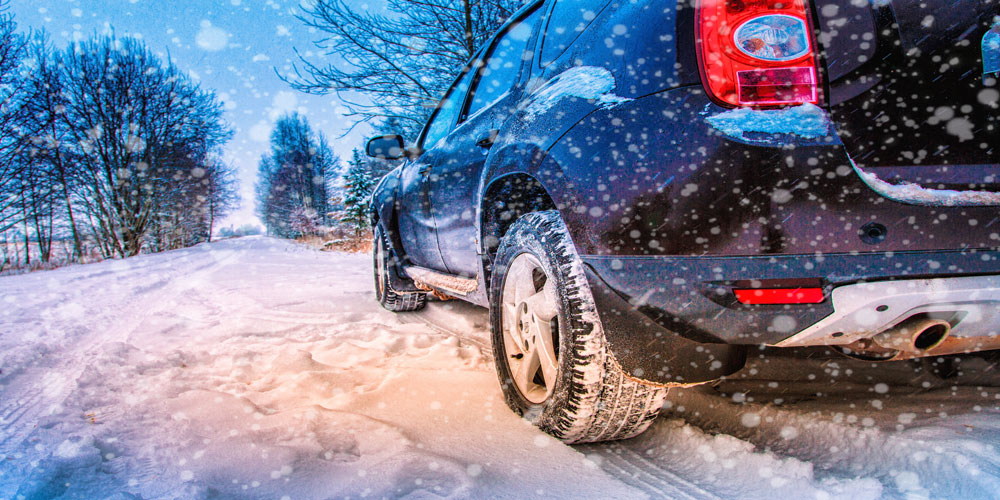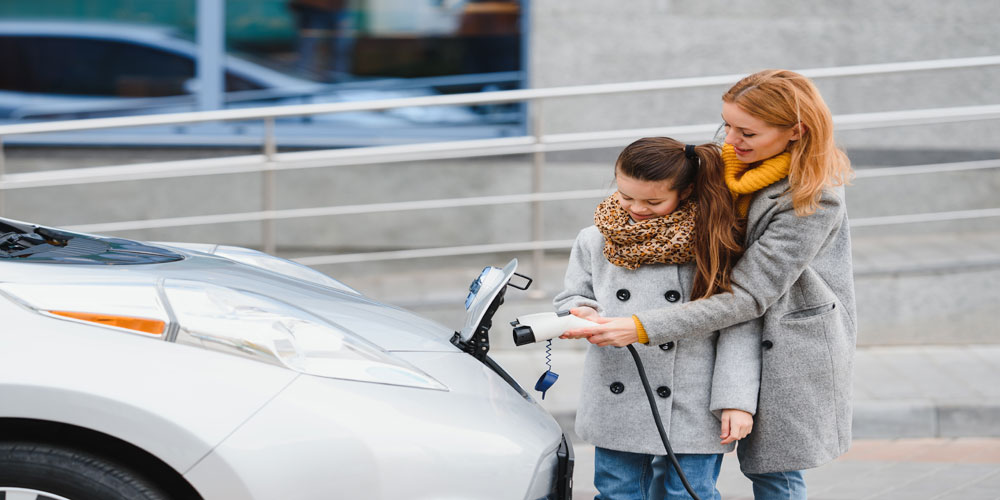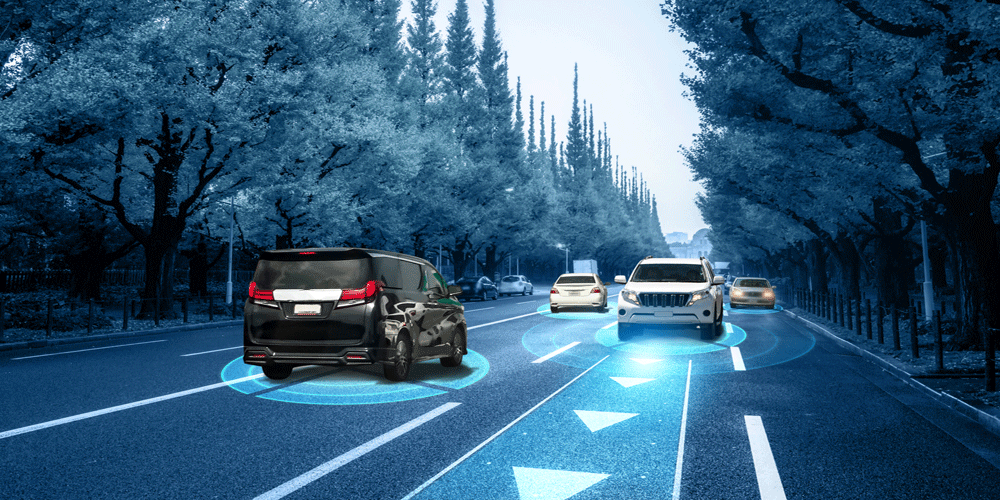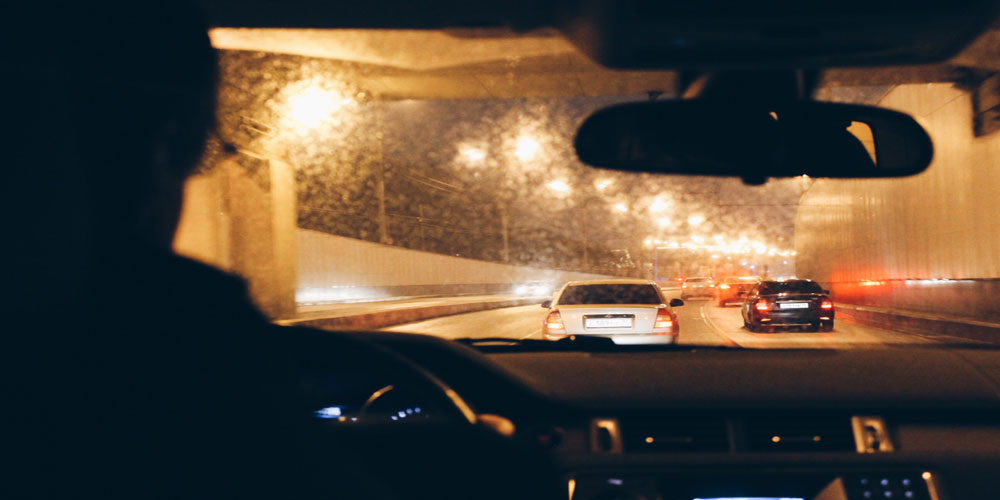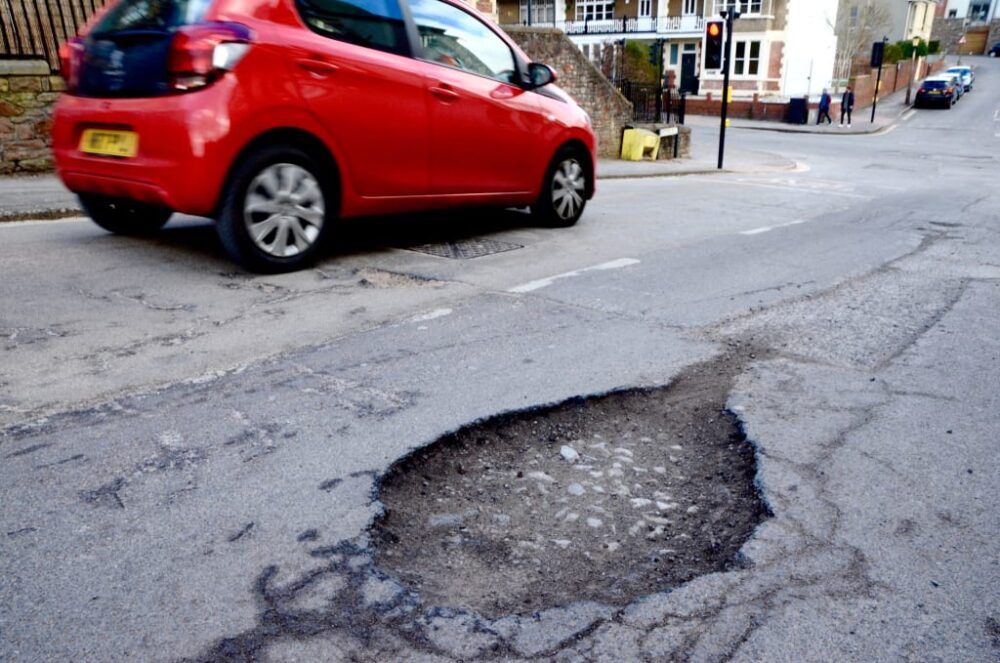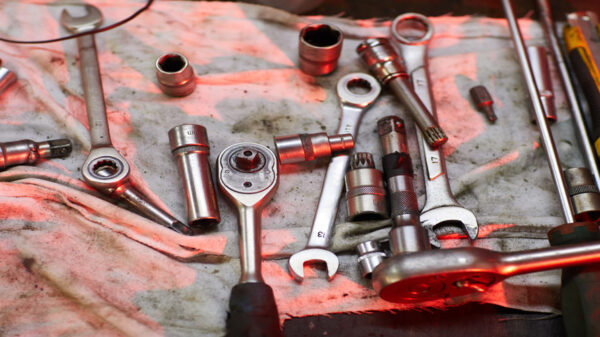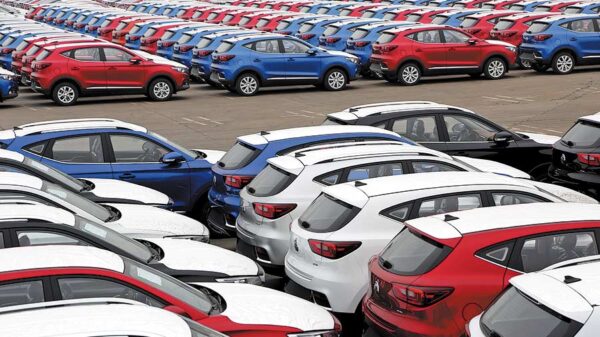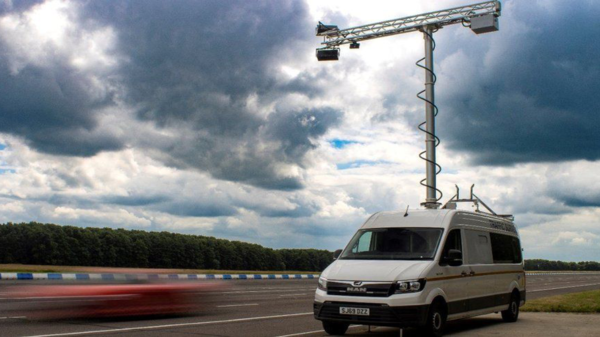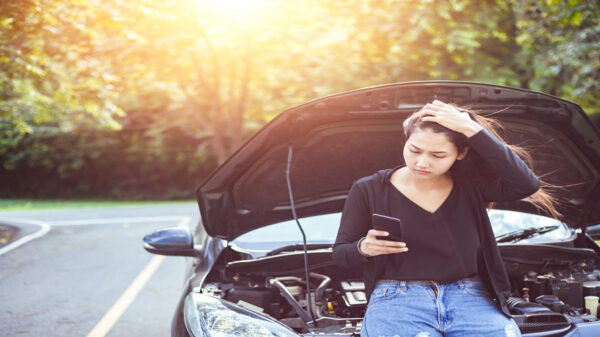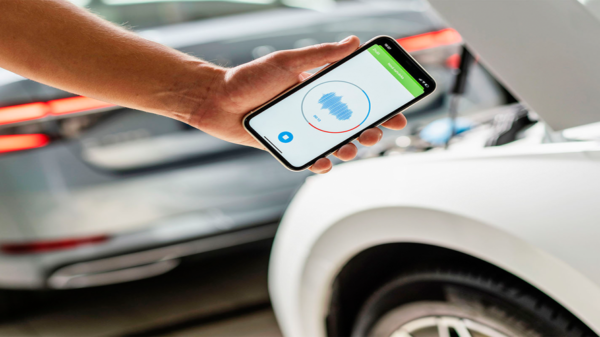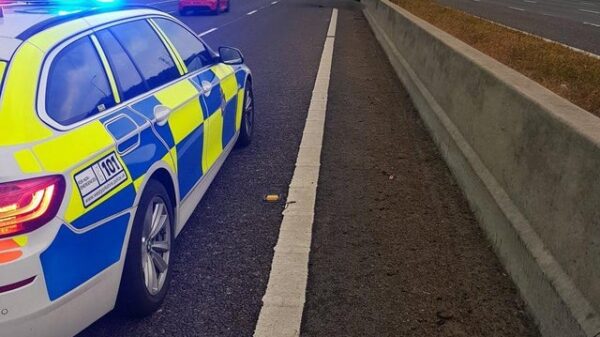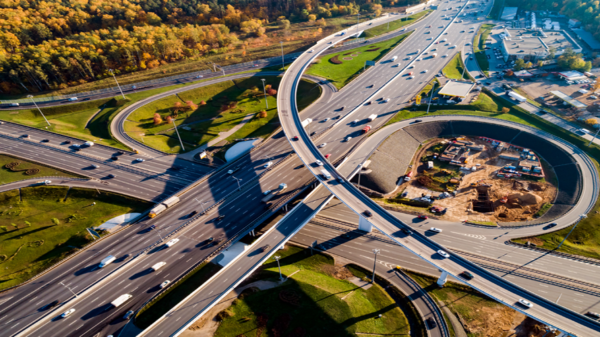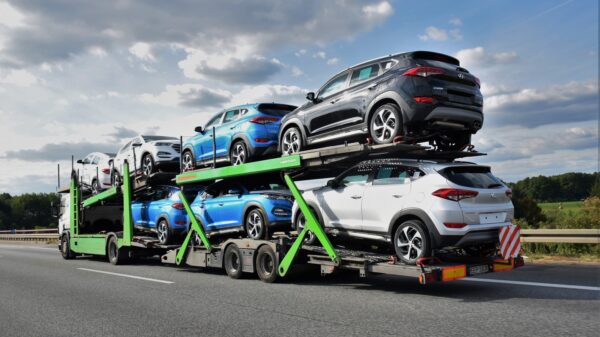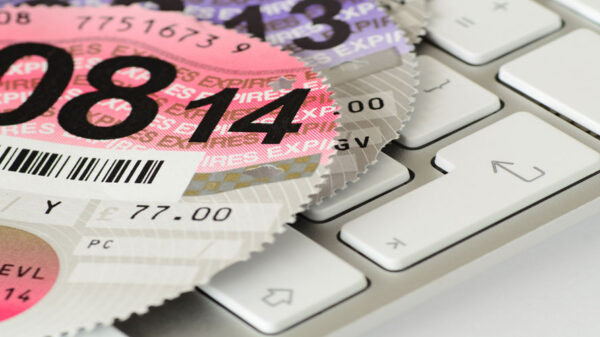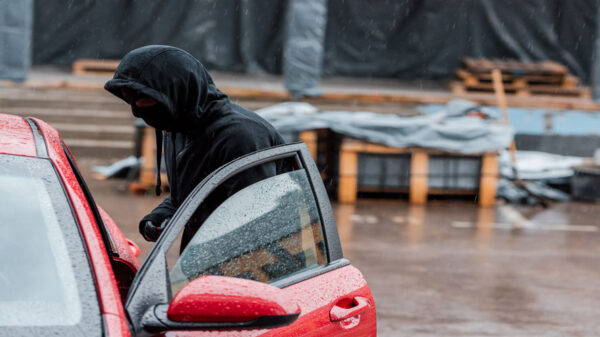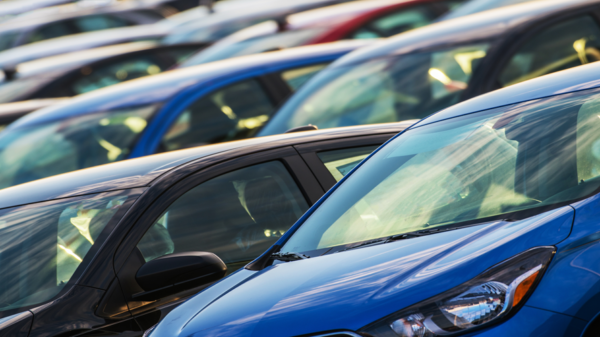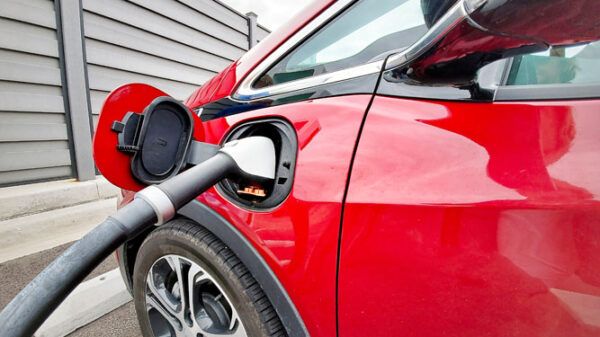Driving in Snow and Icy weather
Motorists and commuters are being warned of possible disruption, as the Met Office says the UK is experiencing its first “taste of winter”. Driving in snow and ice can pose many challenges, such as much longer braking distances.
In very bad conditions it may be best to avoid driving at all, but if you do need to use your car make sure you are as well-prepared as possible. Allow extra time before you set off to de-ice the car, and expect journeys to take much longer.
Check traffic reports and plan your journey around major roads, which are more likely to be gritted or cleared. Avoid shortcuts on minor roads.
Wear warm clothes and comfortable shoes. Pack a coat, hat, gloves, sturdy boots and a blanket to keep you warm in case you do get stuck or have to leave your car.
You may also need sunglasses in bright weather.
Take some food such as chocolate and biscuits, as well as water and a hot drink if you can.
Make sure you have a fully-charged mobile and any medication you need.
Take a shovel to clear snow and some old bits of carpet, or cat litter, to put under the tyres if you get stuck.
Consider buying winter tyres, which offer extra grip, especially if you live in an area which regularly experiences snow.
If you have standard tyres, make sure they’re inflated at the right pressure, and that each has at least 3mm of tread.
Car batteries run down more quickly in winter. Take regular long journeys to keep yours running well, or consider using a trickle-charger, external which is designed to stop your battery going flat.
Keep screen wash topped up, and use a proper anti-freeze at the right concentration to prevent ice.
If there is a risk of windscreen wipers freezing overnight, place cardboard between the blades and the windscreen.
Keep your fuel tank topped up so if you are caught out, you have enough fuel to make it home, or run the engine to keep warm.
But if you do get stuck, make sure snow doesn’t block the exhaust, because noxious fumes can leak into the vehicle.
Clear all snow and ice from the windscreen, windows and roof of the car before setting off.
Don’t use boiling water to de-ice windscreens – hot water can crack the glass, and the water will only freeze again on the screen, or on the ground where you are standing.
Check your lights are clear of snow and are working.
If you drive a manual vehicle, use second gear to pull away, lifting the clutch gently to avoid wheel spin. Stay in a higher gear for better control as you pick up speed.
Many automatic cars have a “snow” or “winter” gearbox mode. Check your handbook for details.
Maintain the right speed: too fast and you risk losing control, but driving too slowly means you might lose momentum when you need it.
Brake, steer and accelerate as smoothly as possible, and drive so that you do not rely on your brakes to be able to stop.
Remember stopping distances are up to 10 times greater in snow and ice.
Leave more space behind the car in front than you usually would.
On motorways, stay in the lane clearest of snow, ice and slush, and keep within existing tyre tracks if you can.
If you get stuck, don’t try to keep moving if the wheels spin – it will only dig you in deeper.
Use a shovel to clear snow from under your tyres. Pour cat litter, sand or gravel in front of the wheels to help them get traction.
Shift from forward to reverse and back again. Give a light touch on the accelerator until the vehicle gets going.
If you can’t move your car, you can stay warm by running the engine. However, it is vital to ensure exhaust pipe is not blocked by snow because highly toxic carbon monoxide gas could enter the car.
If there is any risk of fumes coming into the vehicle, do not run the engine. Even if it is safe, don’t run it for more than 10 or 15 minutes in each hour.
Stay in or close to your car.
In heavy snow, it is easy to get disorientated and lost or separated from your vehicle. You can hang a piece of brightly coloured cloth on your car to let you or others find it.


